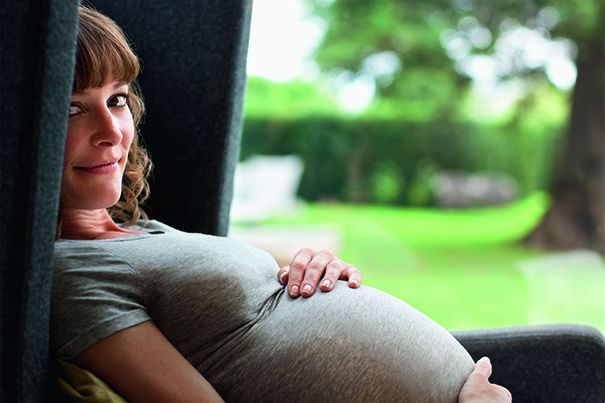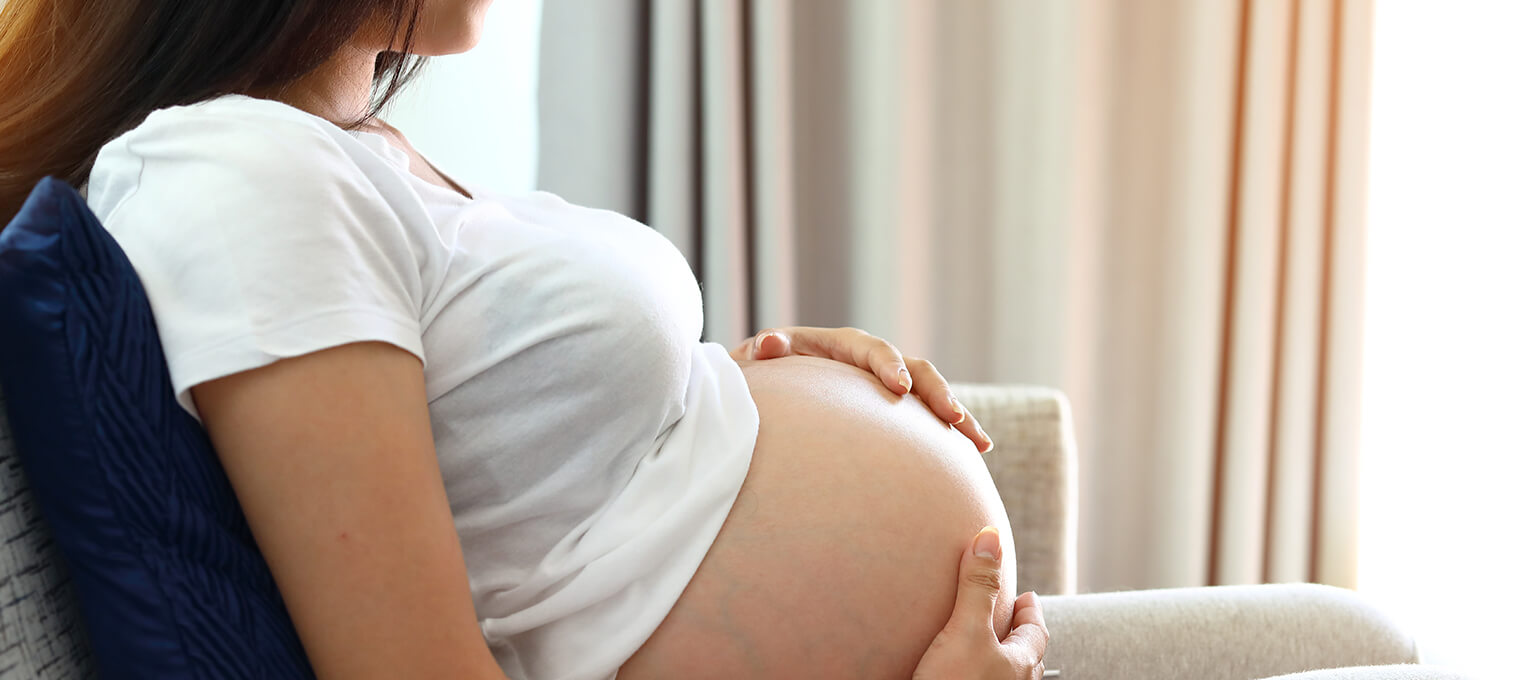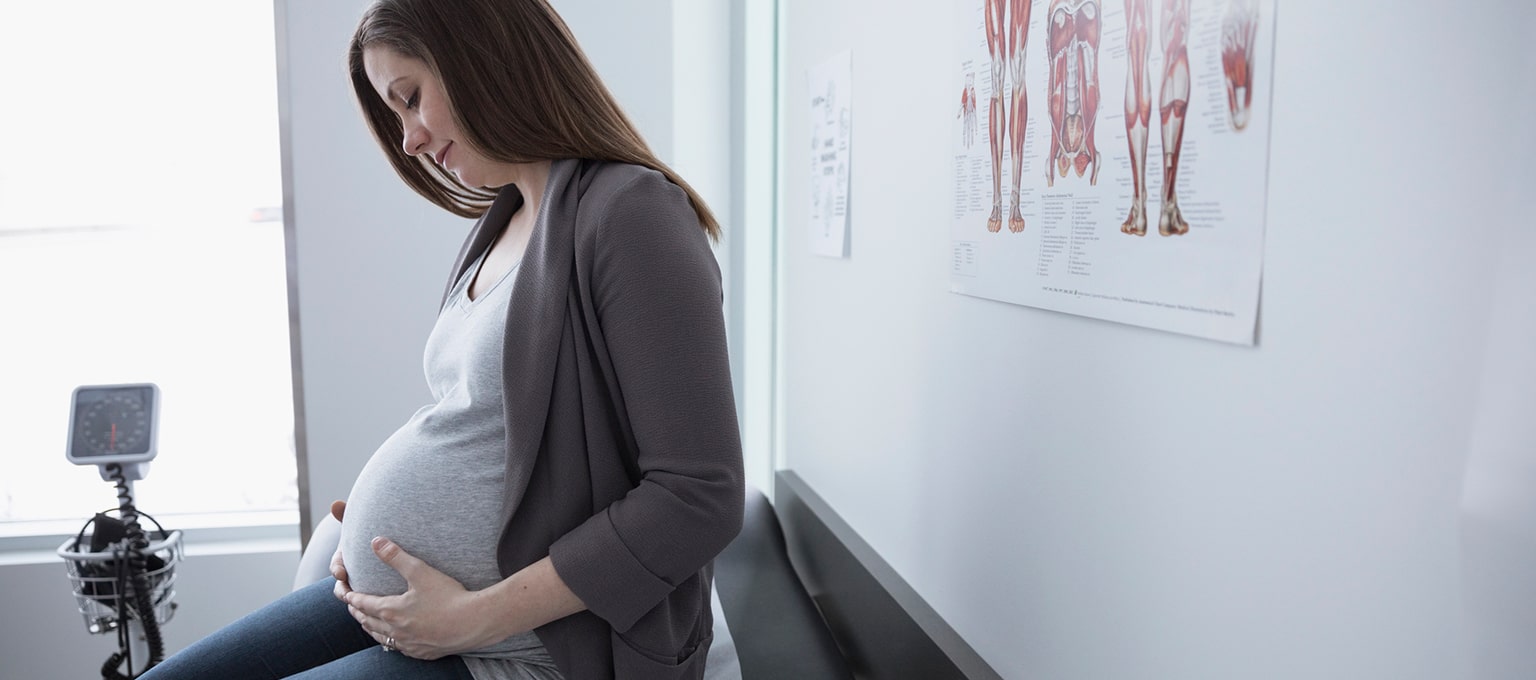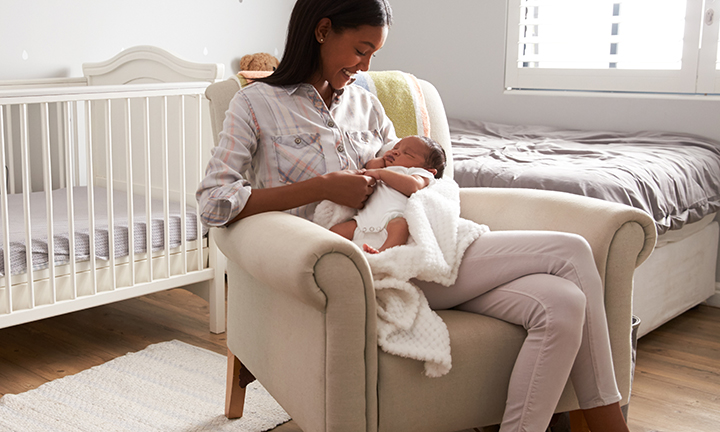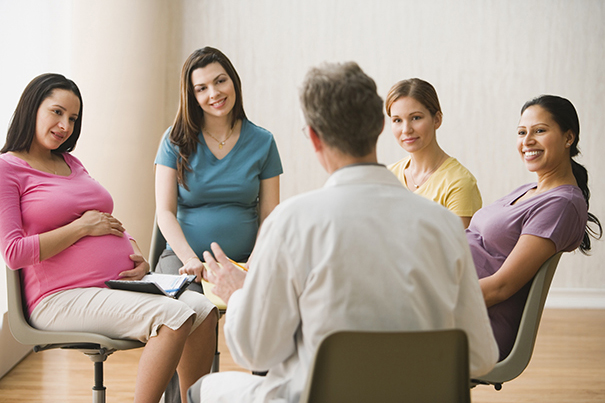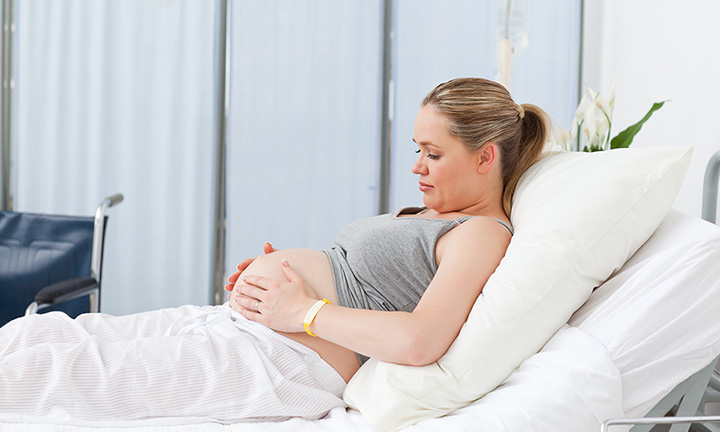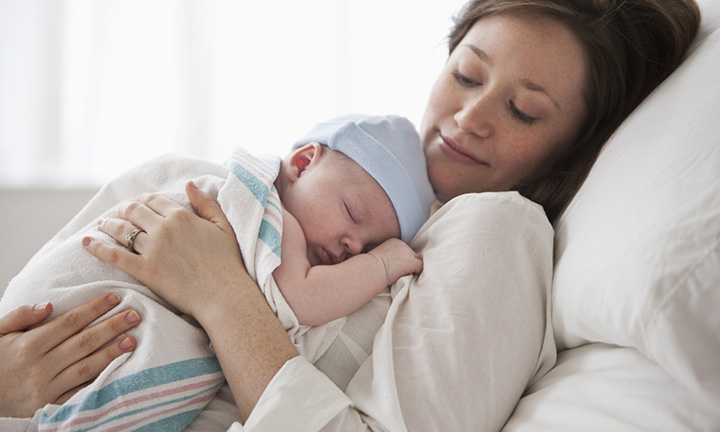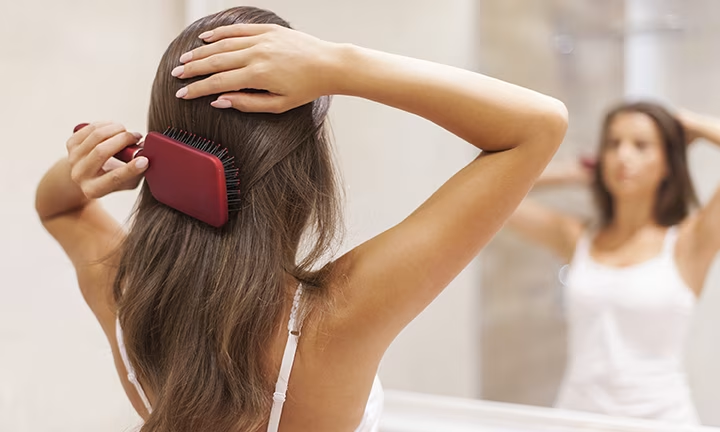
FAQ: Postpartum Hair Loss
Many changes take place in your body during and after pregnancy. Hair falling out after having a baby – also known as postpartum hair loss – is one of the more common ones you might experience. You’ll be happy to learn that this hormone-driven change is normal and usually only temporary.
Here’s a quick overview to put your mind at ease:
If you’re experiencing postpartum hair shedding, you’re not alone - it’s a very common part of recovery, and while it can feel stressful, it’s usually temporary. Your body is simply recovering after birth. This guide offers clear guidance, steady reassurance, and practical tips to help you navigate this stage. The postnatal recovery is ongoing, and you’re in good company. There are also post-pregnancy hair loss remedy ideas to explore.
What Is Postpartum Hair Loss?
Many experience some post-pregnancy hair loss. You might find that your hair is thinning after pregnancy, or you might notice that you’re ‘shedding’ a little more than usual when you run your fingers through your hair or when you wash your hair, for example.
Although it is normal to feel worried about it, remember that postpartum hair loss is a common, usually temporary part of the postpartum period. As the effects of pregnancy-related hormonal changes on your body slowly subside, your hair will usually return to normal – in other words, what it was before you were pregnant.
Is Postpartum Hair Loss Common?
Yes, postpartum hair loss is a common experience for many new parents. In fact, hair shedding in the months following childbirth is typical and part of the body’s natural recovery.
This temporary shedding usually starts a few months after birth and tends to resolve on its own over time. While it can be worrying to see more hair fall out than usual, postpartum hair loss is a natural phase, and your hair will likely return to its usual fullness.
What Causes Postpartum Hair Loss?
Pregnancy hormones can affect your body in several different ways. You may have noticed, for example, that your hair became thicker when you were pregnant. The hormone oestrogen was responsible for this, making your hair grow faster and less likely to fall out.
However, after giving birth to your little one, you may find that all that extra hair you gained during your pregnancy now starts to come loose and shed. This is why you may experience postpartum hair loss in the first few months after your baby is born.
Essentially, the surplus hair that grew (or didn’t fall out) during pregnancy is now falling out. In a way, although it may seem like hair ‘loss’, it’s actually just things returning to how they were before you were pregnant.
By the way, these same pregnancy hormones may also mean that you find your hair is oilier or drier than usual or even a slightly different colour and texture during pregnancy and afterwards.
When Does Postpartum Hair Loss Start?
For many people, postpartum hair loss tends to show up about two to four months after birth. Usually, hormone levels begin to return to normal, triggering the hair shedding that had been held back during pregnancy.
How Long Does Postpartum Hair Loss Last?
So, when does postpartum hair loss stop? It can vary from person to person, but it typically lasts between three and six months. By the time you reach twelve to fifteen months after birth, your hair growth should largely have returned to its pre-pregnancy state.
How to Identify Postpartum Hair Loss?
Postpartum hair loss tends to present itself in a few clear patterns. A common sign is hair thinning after pregnancy, which tends to appear a few months after birth. Shedding may become more obvious during grooming, especially when brushing or washing your hair.
More commonly, you might notice postpartum hair breakage or thinning patches rather than a large amount of hair coming out in one place.
If you're concerned about bald patches or significant thinning after pregnancy, consult your GP to rule out other causes and discuss potential treatments.
How to Deal with Postpartum Hair Loss?
If the hair loss you're experiencing is caused by hormonal changes during pregnancy and after childbirth, it may settle down on its own without any treatment.
That said, here are some ways to help with postpartum hair loss, including postnatal hair loss treatment options and hair fall remedies you can try:
Be gentle with your hair.
Use a wide-tooth comb and avoid tight hairstyles or heat styling to minimise breakage.
Eat a nutrient-rich diet.
Focus on foods rich in biotin, zinc and iron. Certain vitamins and minerals – such as vitamin A – can contribute to healthy hair growth, so it’s important to make sure you’re getting enough of these as part of a healthy, balanced diet. You can also ask your GP about post-pregnancy hair loss remedies and supplements.
Choose volumising and strengthening products.
Using volumising products like shampoos, conditioners and styling products can help thinning hair appear fuller. Using lightweight leave-in treatments with ingredients like keratin can help strengthen and reduce breakage. You could also opt for bond repair products, which can reinforce your hair’s strength and prevent breakage.
Try a different hairstyle.
Loose, natural styles reduce stress on your hair and simplify your routine. Shorter cuts can make hair appear fuller and are easier to manage with a new baby, helping with postpartum hair regrowth over time.
How to Prevent Postpartum Hair Loss?
If you're wondering how to prevent postnatal hair loss, while there's no way to completely prevent this from happening, the steps mentioned in the previous section, such as being gentle with your hair, maintaining a healthy diet and avoiding tight hairstyles, can help minimise breakage and support overall hair health. Being informed about how to prevent hair loss after pregnancy can also help you feel prepared.
Does Postpartum Hair Loss Grow Back?
Postpartum hair loss is typically normal and temporary, and hair regrowth typically begins as soon as the shedding phase ends. While it may take several months, your hair’s growth cycle should return to normal within a year.
In some cases, hair may feel slightly thinner than before; however, for the majority, postpartum hair regrowth restores fullness over time.
When to Visit Your GP for Postpartum Hair Loss?
If you notice that your post-pregnancy hair loss is particularly severe, for example, if it’s patchy (with hair coming out in clumps) or you’ve been shedding hair for longer than about six months or so, it might be time to see your GP.
In some cases, a thyroid issue, such as having an overactive thyroid, may be causing hair loss. Some thyroid conditions are also linked to pregnancy or the postpartum period. If your GP diagnoses a thyroid condition, they will be able to recommend treatment.
Another possible cause of hair loss is an iron deficiency. If untreated, this can lead to a condition called iron deficiency anaemia, which can lead to other symptoms like
Your GP will be able to investigate the reasons for the iron deficiency and, if necessary, prescribe iron tablets to remedy the lack of iron in your blood.
Postpartum changes can be challenging, but each day your baby is learning something new. Celebrate those small, beautiful wins together.
The Bottom Line
As you already know all too well, pregnancy and the postpartum period are filled with many changes in your body, and postpartum hair loss can be one of them.
Try to keep in mind that being pregnant and giving birth is hard work, and it can take some time for your body to recover.
Although it may seem as if there’s no end to the ways your body is changing, know that you’re not alone and – when it comes to your hair, at least – things will soon return to normal.
- NHS: Women and hair loss: coping tips
- NHS: Common health problems in pregnancy
- NHS: Common Symptoms
- NHS: Week 9 – your first trimester
- NHS: Hair loss in primary care - a guide to diagnosis, management and referral
- NHs: EAT-5
- NHS: Vitamins and minerals
- NHS: Overactive thyroid (hyperthyroidism)
- NHS: Thyroiditis
- NHS: Hair loss
- NHS: Iron deficiency anemia
- Tommys: Body Changes When You Have a New Baby
Read more about Pregnancy
Related Articles
Join Pampers Club and get:
